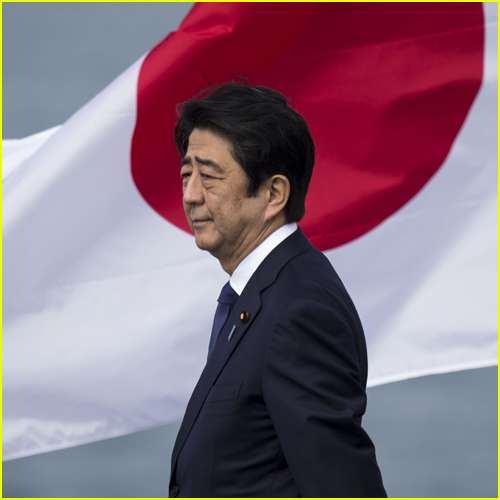Japan Falls into Recession: Germany Now 3rd Largest Economy
Germany is now the world's third-biggest economy, moving up as Japan unexpectedly falls into recession. Japan's economic output, known as its gross domestic product (GDP), declined by 0.4% from October to December, following a significant 3.3% drop in the previous quarter. This surprised experts, who had anticipated 1.4% growth.
The recession in Japan, marked by two consecutive quarters of economic decline, has led to concerns about the country's economic policies. Some attribute this downturn to various factors, such as reduced demand from China, slow consumer spending, and disruptions in production at a branch of Toyota Motor Corp.
Analysts emphasize the worrying signs in consumer spending and business investments, which are crucial for driving domestic demand. They predict continued sluggishness in the economy, lacking clear drivers for growth.
The weak economic data might also affect the Bank of Japan's plans. While there were expectations of the bank scaling back its extensive monetary support this year, the poor economic performance raises doubts. The bank had hoped that increasing wages would boost spending and maintain inflation around its target of 2%.
The Japanese government stresses the importance of substantial wage growth to support consumer spending, which is currently hindered by rising prices. However, the economic situation complicates the central bank's decision-making process regarding interest rates and other monetary policies.
Despite the disappointing economic figures, the Japanese stock market showed some resilience, possibly due to expectations that the Bank of Japan would prolong its monetary easing program.
On a quarterly basis, GDP saw a slight decline of 0.1%, contrary to expectations of a 0.3% increase. This downturn was influenced by reduced private consumption and capital expenditure, partially offset by positive contributions from exports.
While there are discussions about ending negative interest rates and other ultra-loose monetary policies, the Bank of Japan is expected to proceed cautiously due to lingering economic risks. Some analysts suggest that Japan's strong labor market and corporate spending plans could support an earlier exit from ultra-loose policies.
Overall, despite the technical recession indicated by two consecutive quarters of GDP decline, there are mixed signals from business surveys and labor market conditions. However, sluggish growth is anticipated for the year ahead, with uncertainties about the effectiveness of economic policies in stimulating demand.
Click for more updates and the latest business news, along with Web stories updates. Also, get the latest news and top headlines from India and around the world at Speed News





